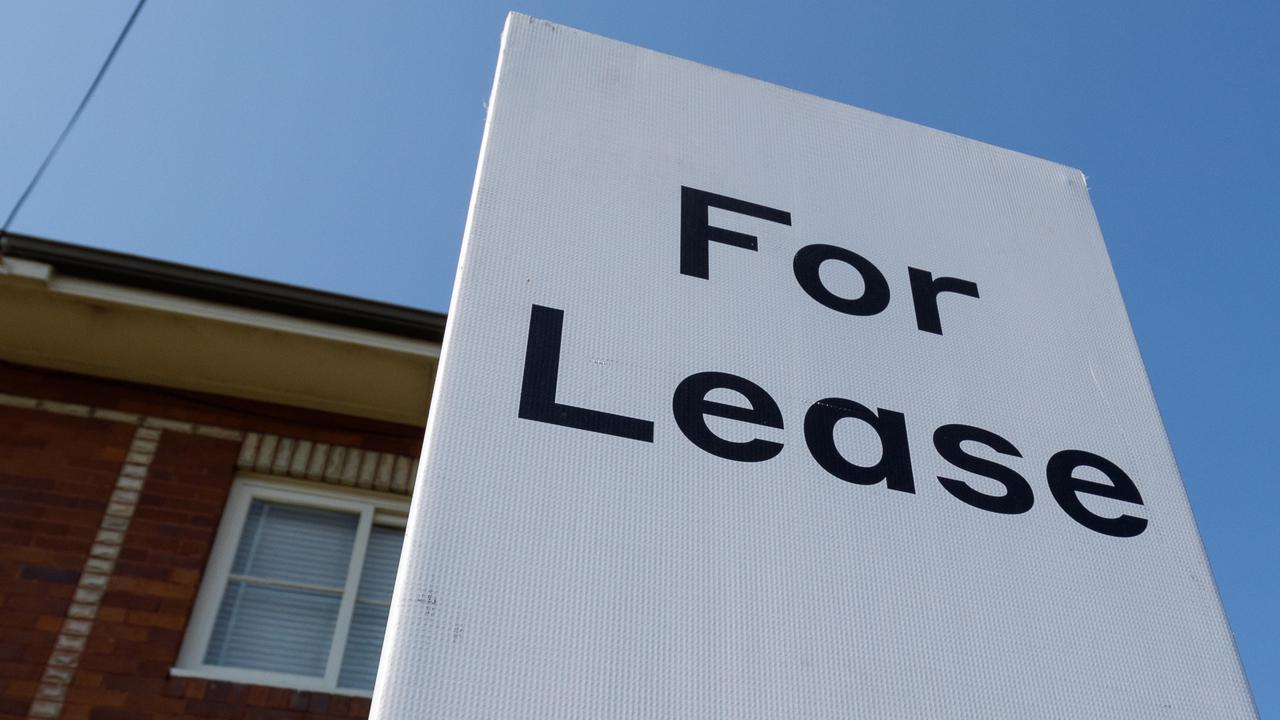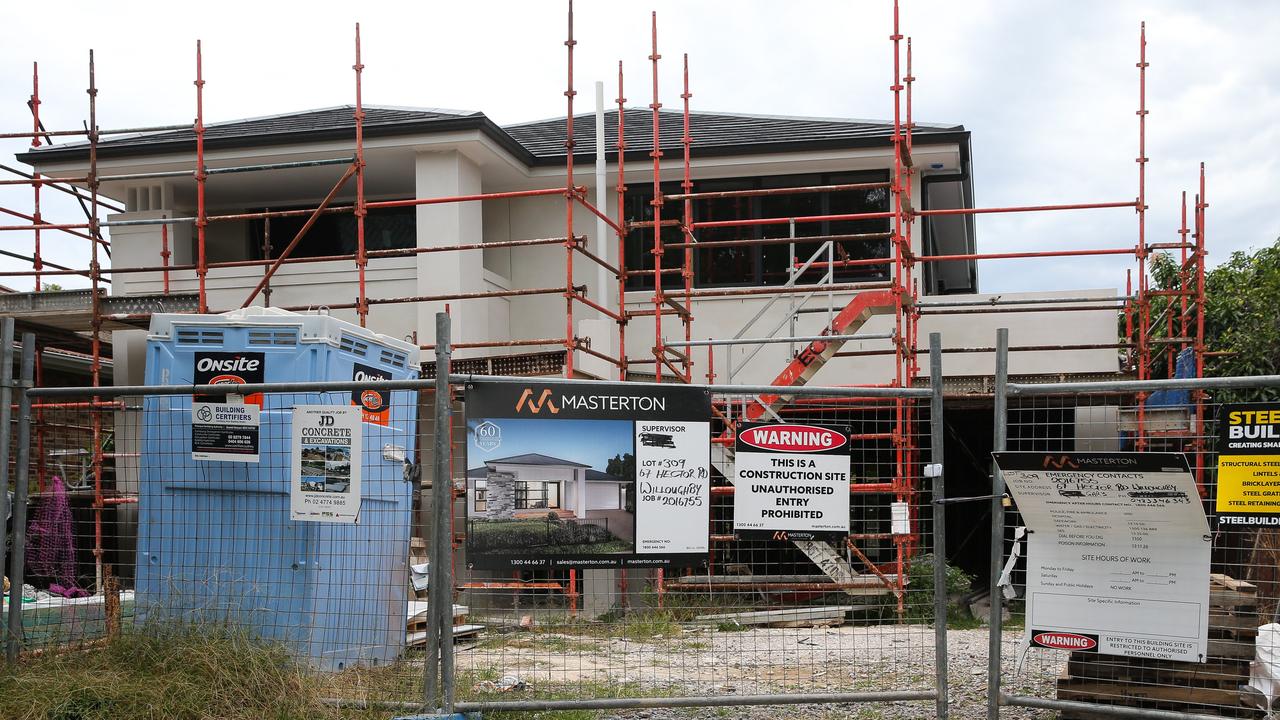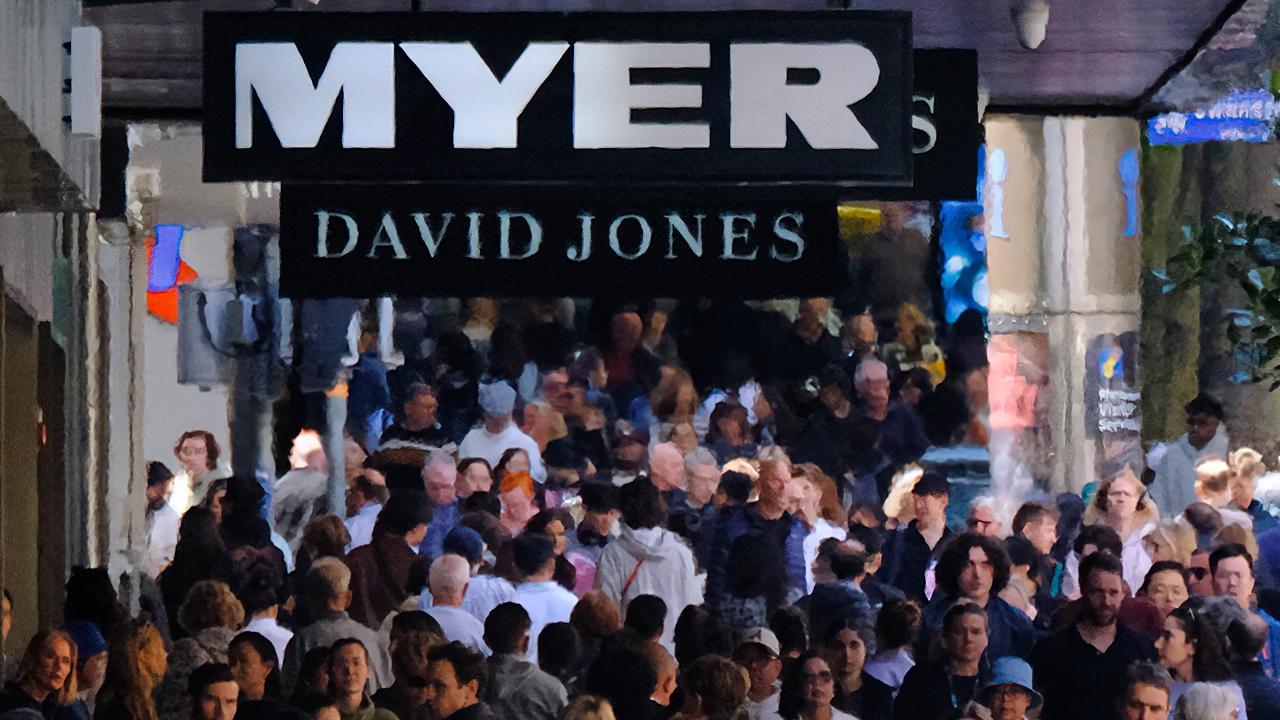Middle-class Australians swept up in cost-of-living crisis
The “perfect storm” has hit previously comfortable middle-class families who are beating down the doors of charities desperate for help.
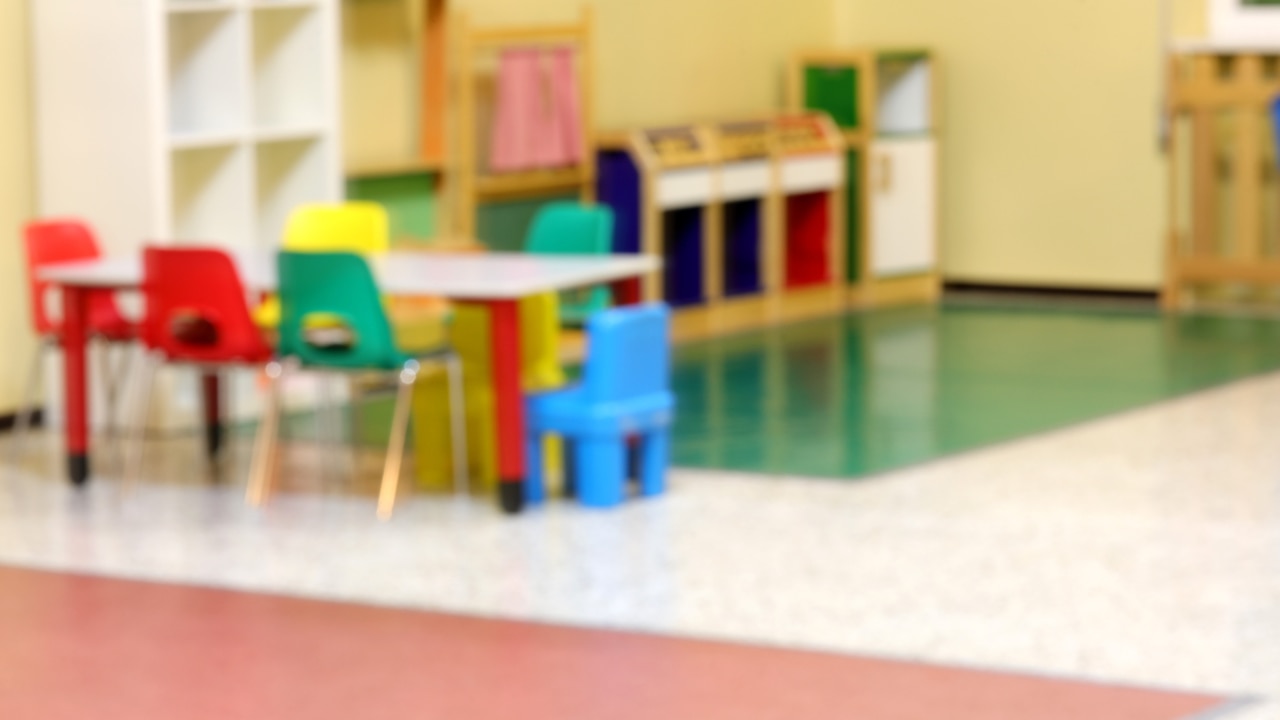
Interest Rates
Don't miss out on the headlines from Interest Rates. Followed categories will be added to My News.
COMMENT
It’s Friday at an inner-city Centrelink in one of Australia’s major cities.
A woman is distraught. She has worked her whole life but her latest contract expired just as her relationship was breaking up.
Suddenly she has no job and nowhere to go. She doesn’t even know if she will make it through the weekend without doing something catastrophic.
This person is just one individual but it’s also a fate facing thousands of Australians across the country as the cost of living crisis starts to literally hit home.
The rental market is so ridiculously tight that it is effectively non-existent for anyone on welfare or the minimum wage.
Meanwhile hundreds of thousands of people on mortgages fixed at record low interest rates are about to come off them and be thrust into rates that are more than double what they signed up for.
And inflation is still at half-century highs thanks to a combination of rising energy prices, global supply chain disruptions and labour shortages and the overhang of a post-lockdown spending boom.
In short, it is a perfect storm. Worse still it is an unprecedented one.
Covid 19, like communism, has proven once more that human beings trying to command the economy always ends in disaster.
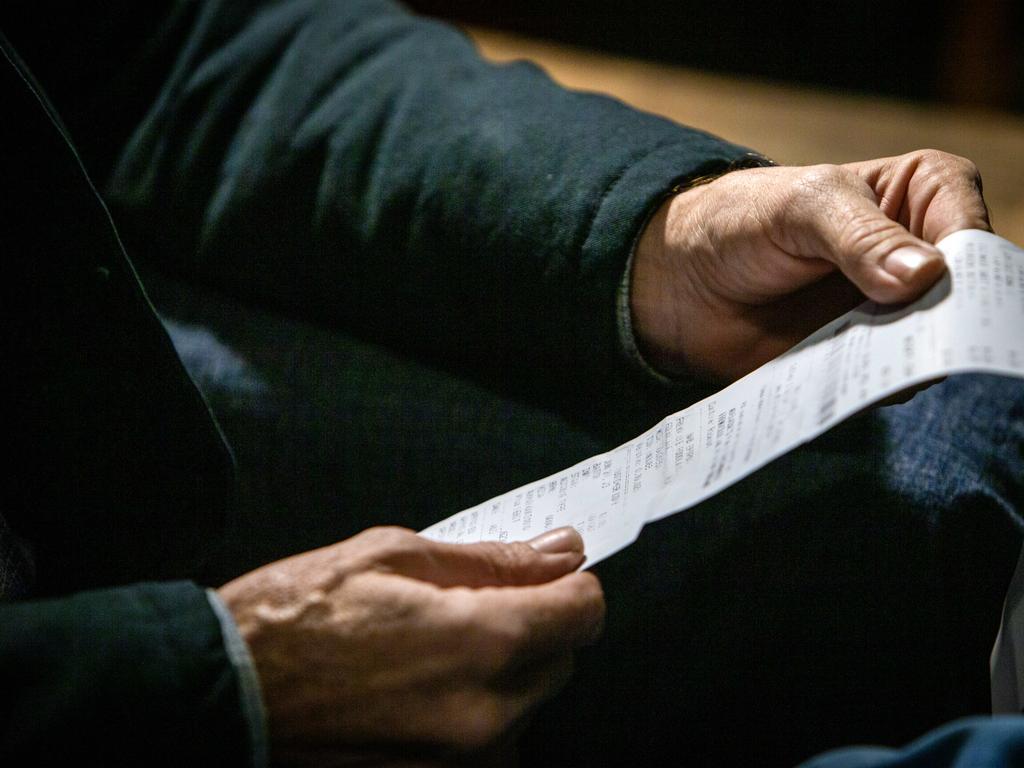
One is naturally reminded of the economic crisis of the 3rd century AD in which a succession of Roman emperors figured that the way to fix their depleted treasury reserves was to simply mint more and more coins.
This resulted in astronomical hyperinflation to which the panicked emperors responded by minting even more coins to pay for the ever-skyrocketing prices until Roman coinage itself was effectively worthless.
In Australia today we face a similar paradox. People are facing the biggest cost of living crisis in generations but any government spending to keep them afloat runs the risk of further fuelling the inflation that is drowning them.
Much of the crisis we now face is due to poor government decision-making in response to Covid. Yet the only option more unthinkable now is doing nothing — at least not if, as a society, as a democracy, we still cling to the old fashioned notion that we value human life.
The Centrelink workers at the coalface I was lucky enough to hear from this week say they have never seen such intense and growing need.
This is the exact same thing I have heard from case workers at the Society of St Vincent de Paul and the Salvation Army in recent weeks.
Perhaps most tellingly all three of these organisations are reporting almost verbatim the same phenomenon: Formerly comfortable middle-class families knocking on their doors for the first time, scared and confused that they are facing a future that once seemed as foreign to them as a spaceship from Mars.
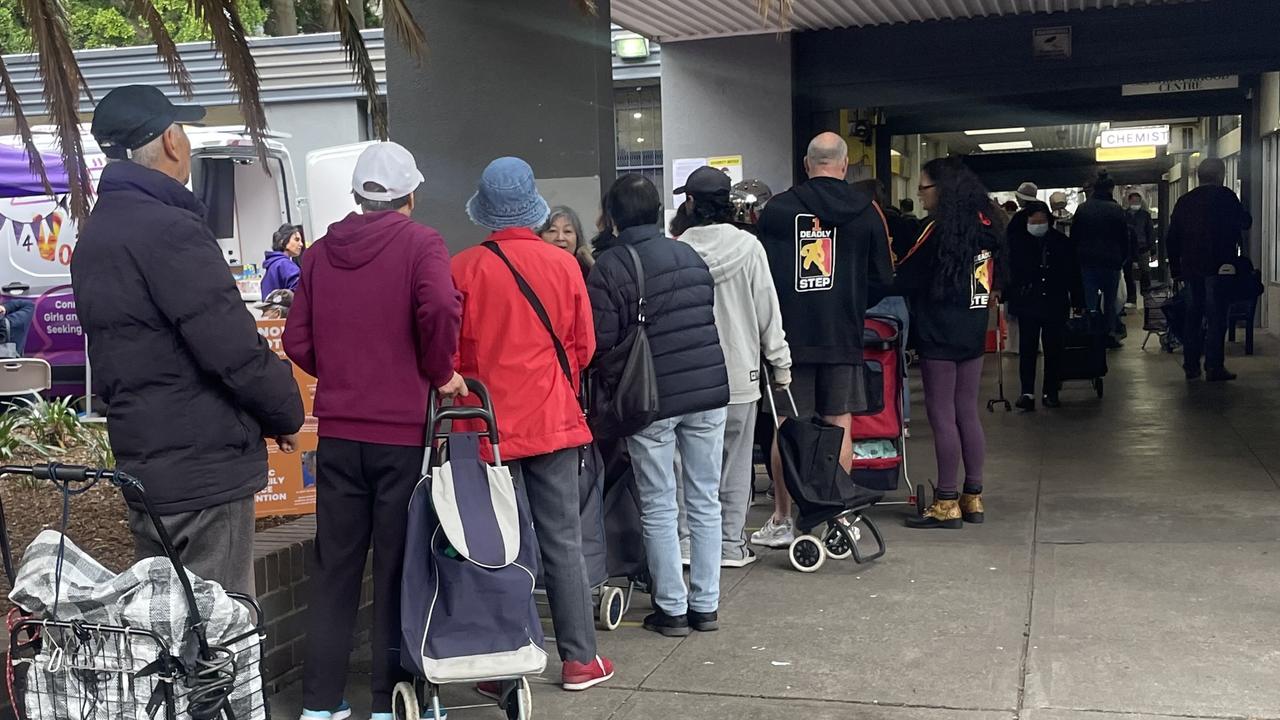
This brings us back to our anonymous middle-aged and middle-class woman at her wits end at Centrelink.
Luckily this particular Centrelink office — or Services Australia centre as they are now known — had a social worker on duty. Not all of them do — there are only 700 or so spread across the whole country.
This meant that they were able to get an emergency advance payment to her on that very day, money that may have been the difference between life and death.
It seems a far cry from the system that many people may remember, in which any payment could take weeks or months to process.
Likewise in the decades of economic growth that Australia enjoyed from the late 1990s until Covid restrictions hit in 2020 many people may have been very supportive of such stringent measures.
But now that none of us know if we’re the next person to have the economic or pandemic rug pulled out from underneath us and be plunged into unemployment or homelessness there seems to be a softer view of such assistance.
Many Australians have always been sympathetic to help for those who need it. Many more are now more acutely sympathetic in the realisation it could be them reaching out for it.
As a result there has been both a revolution in public attitudes to government aid and a revolution in the way it is being delivered.
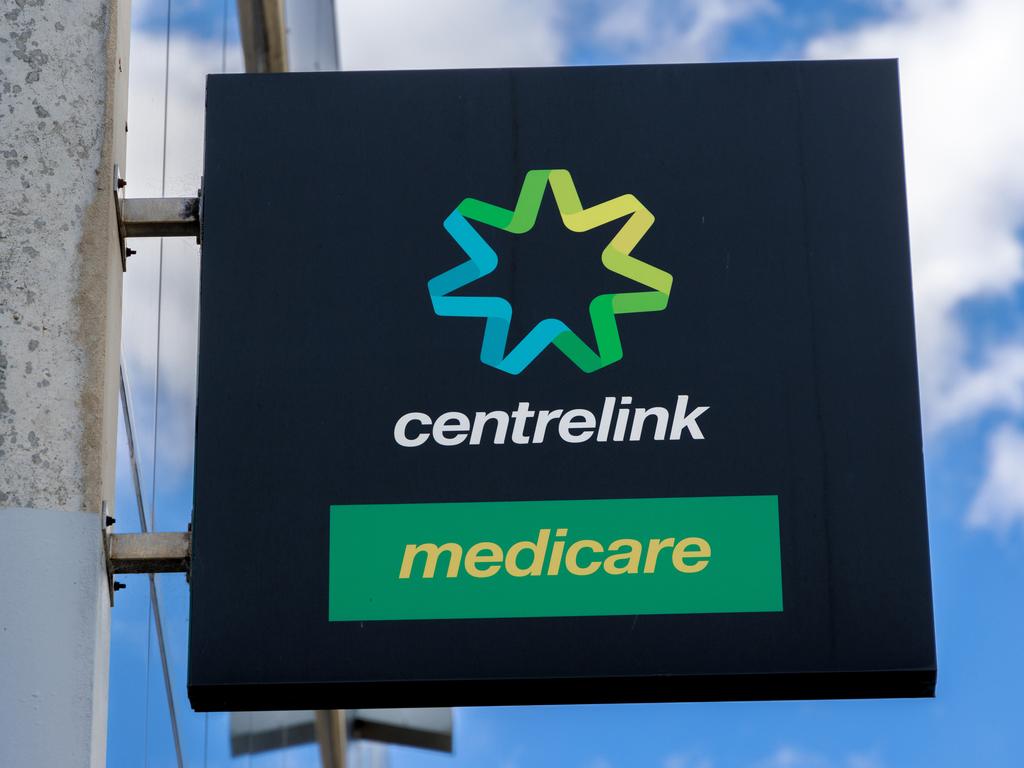
One of the biggest problems in tackling poverty and homelessness in Australia has been that the departments charged with addressing it have been more concerned with bureaucratic box-ticking than actual results.
And as a result countless people on the streets slip through the cracks because they don’t have the necessary skills, paperwork or even basic literacy to access government services. By contrast Christian charities like Vinnies and the Salvos instantly slash such red tape with a kind of evangelical zeal.
Now, thanks to a pilot program you’ve probably never heard of, Centrelink actively works with a number of charities on the ground to identify people who are struggling and help them access the support they need. It’s already been a massive success and is thankfully expanding.
This was the brainchild of a certain Bill Shorten, and a perfect example of the benefits of putting an unstoppable force in front of an immovable object.
The former Labor leader was of course denied his place in The Lodge by two unlucky elections, but if he keeps delivering for those in need his place in the Great Hereafter is assured.
But more importantly it means those on the edge will find their place here on earth.
Originally published as Middle-class Australians swept up in cost-of-living crisis




